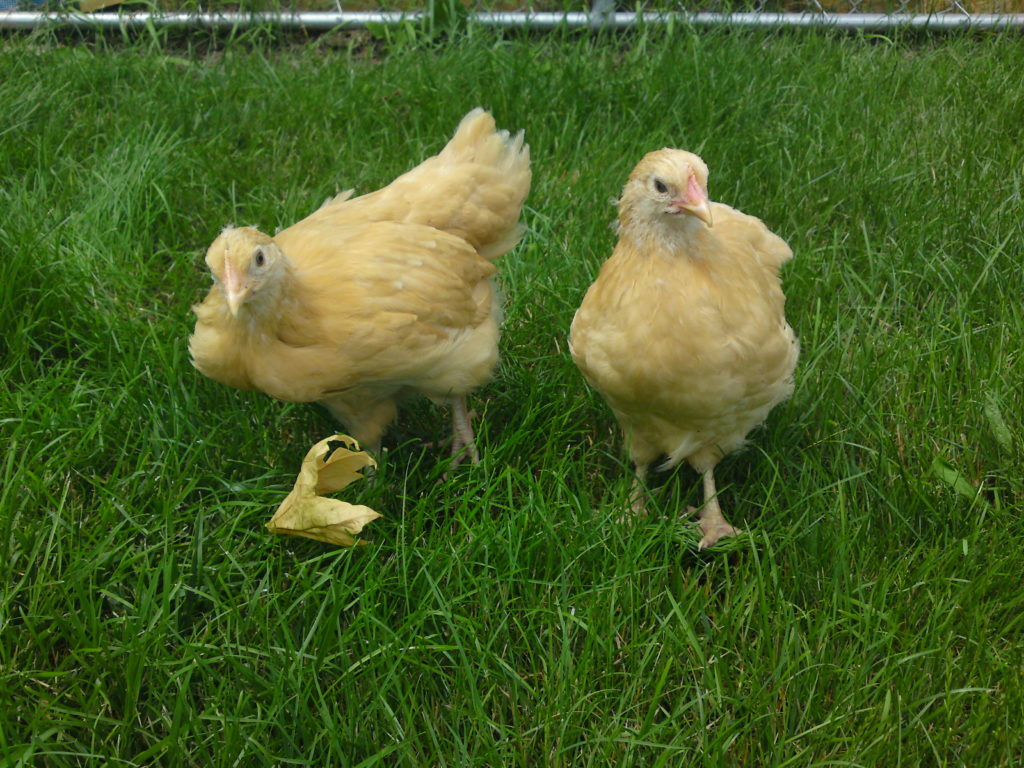More questions today, with the added bonus of answers!!
::shoos chickens out of way::
Not sure if you can answer this, but how do the covers of books get chosen?
It’s kind of a mystery to me, too. Publishers have departments of people who are artists. They have other departments filled with sales and marketing people. Near as I can figure, when it’s time to design a cover, the members of the three departments gather in a secret location and hold a massive game of Rock, Paper, Scissors to determine which dept. gets to take the lead on the design. The other two depts. have input, but too a limited degree.
I don’t know how much input other authors have on their covers. I seem to have none. I like most of the covers of my books and love a couple of them. Whenever I have tried to make suggestions about cover art, I’ve been gently reminded that I am an author, not an artist or a member of the sales and marketing departments. So my approach is to focus on what I can control – my writing – and leave the other stuff to the people who know more about it than I do.
1st person verses 3rd person ~ or do you feel it matters?
How do you know which character’s person if first person?
The point of view (POV) from which you tell your story is hugely important. But sometimes you might not be able to figure which POV to use. Or, in the case of 1st person POV, which character is your POV character.
This might help: Do a quick and dirty draft in the third-person POV – from the first page to the last. By the end of the draft you’ll know who the most important person is in the story. Experiment with writing a few chapters from that person’s POV. If it feels natural, then run with it – turn your first revision draft into an exercise of shifting the narrative from 3rd to 1st POV.
I wrote the first eight drafts of FEVER 1793 in 3rd person. Then I shifted to 1st person, did another five revisions and finally wound up with a book that someone wanted to publish.
Yes, it seems like a lot of work. But sometimes it’s what you have to do.
How do I weed out the “fluff”, to see the forest for the trees, so to speak, no matter how awesome the fluff may be?
How do you know when a story is worth the time of others for a critique?
How do you maintain confidence when success rate is like 0.1%????
These questions are all connected. And I will answer them all… on Tuesday.
Ready…. “Ideas are the cheapest part of the writing. They are free. The hard part is what you do with ideas you’ve gathered.” Jane Yolen
Set…. three days left in WFMAD – you can do this!!
Today’s prompt:
1. Write out the steps you need to take in order to finish your current work in progress. Be as detailed and precise as possible.
2. Give yourself deadlines.
3. Now double the deadlines and write the dates down on a calender. Do you have a writing buddy you can share this with? Someone who will hold you accountable to your deadlines?
4. Write out your vision of the most perfect things that could happen to your story and to you after you submit it for publication. Be detailed and precise about this, too. And have fun with it!
Scribble…Scribble…Scribble!!!







